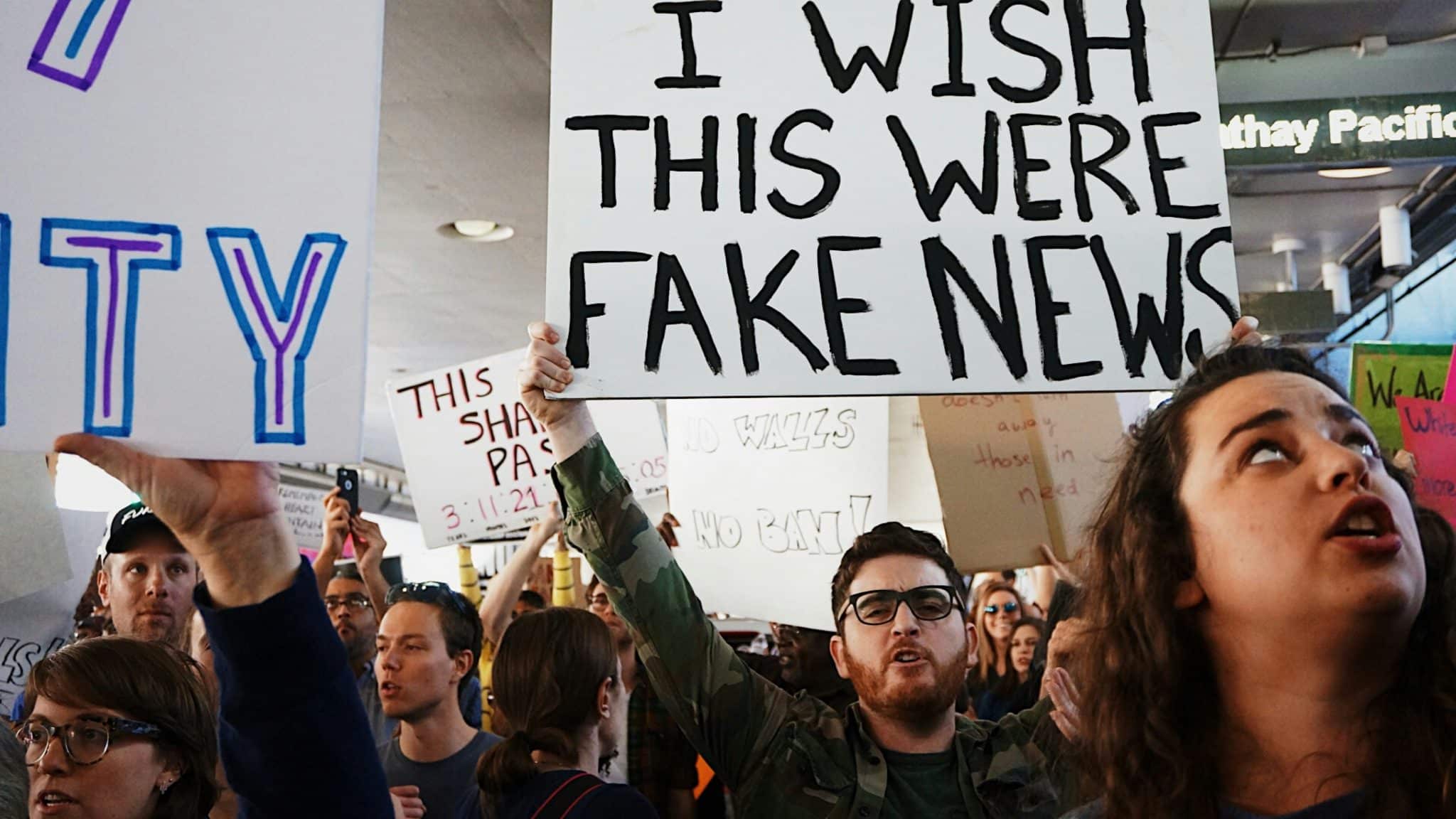Sarah Greesonbach: Remaining Focused as an Entrepreneur in B2B Marketing

At Freedom, we love our users – not just because they use our product, but because they’re cool – cool people working on cool stuff. Academy Award-nominated screenwriters, bestselling authors, editors, journalists, developers, illustrators, designers, academics, coaches, podcast hosts, comic book writers, students, and entrepreneurs – the Freedom community is packed with curious, creative, and passionate go-getters. We love to share their stories, advice, and process because how better to learn about productivity than from the productive?
Meet Sarah Greesonbach.
Sarah is a Freedom user and marketing guru who is also founder of the B2B Writing Institute, which aims to bridge the bridge that gap and make it easier for naturally talented writers to get started in B2B writing. Although she has been in the marketing industry since 2013, Sarah began her career with a Masters of Arts in Teaching, coaching ninth graders to diagram sentences.
But she quickly realized she wasn’t meant to teach ninth graders, but rather professionals looking to enter B2B writing and marketing.
After diving into the world of B2B writing and communications, she realized that so many writers were going about it the wrong way:
“We weren’t meant to be writer monkeys or task rabbits (or anything other than human, really). We were meant to play an essential and valuable role in crafting marketing content that excites, educates, and converts. But we have to learn a lot in order to make that happen.”
So this week we sat down with Sarah to learn a little more about her work flow and the tools and techniques she uses to stay focused and productive on what matters most every day.
What time-management strategies or techniques do you use as a writer to meet your deadlines?
Scheduling the times of day I check email and use social media has been critical to productivity. If I’m not very careful, I’ll get pulled into meaningless and endless circular tasks. That’s a tempting but destructive way to pass time for any entrepreneur.
Central to this is gathering all the information you need from your inbox in the morning and referencing it outside your inbox. Because I use my inbox as a to-do list, I found I’d hop in to check a detail, then get sucked into new messages.
How do you motivate yourself to write when it’s tough?
Pushing through low motivation or “writer’s block” is an acquired skill, like peated whisky is an acquired taste. You have to build up your muscles to make it happen – and you also have to know when to stop trying to force it. Sometimes a 10-minute walk around the building will help more than trying to fight through a line or a thought at a given time.
I’ve also found it so helpful to block off time from my calendar. Right now, I’m in a season where I don’t accept appointments Monday and Tuesday of each week. This gives me time to walk into a week focused on what really matters most – deadlines and actual writing – rather than the “intake” side of content development.
Do you have a pre-work ritual or routine that helps you get in the zone?
On normal days, it’s coffee and Freedom right from the start – before checking email, social, or anything fun, or even breakfast sometimes, I get to work on something I’m dreading to get the heavy lifting of the work out of the way.
When it’s really go-time and I have to perform or work late, I’ll have a kombucha and a chocolate bar. “Writing chocolate” can be a great way to jolt your system into looking at things in a new light.
How do you incorporate Freedom into your daily working routine?
When I observe the signs my mind is going into “entertainment spiral mode,” Freedom is essential. It’s the short circuit, the fence I use to protect my brain from unproductive things it wants to do.
I sometimes run into trouble with this because it will keep me off of LinkedIn, where I need to do research sometimes, but overall it’s essential.
What advice would you give younger writers in regard to staying productive and focused?
You get to decide your best writing environment – but be careful, because you also get to decide to lie to yourself.
Once you observe your best productivity state, build your schedule around it. Block off your mornings for writings and only take calls in the afternoon, or vice versa. Especially if you write for a living, the sooner you can stop doing the unproductivity dance with yourself, the more successful you can be.
At the same time, I think the writer’s mind is more like a cat than anything else. Sometimes you just have to waste time, explore something, lose focus. That’s how you work through the problem subconsciously and come back to the table with something good to write.
Self-awareness, followed by self-mastery, is the writer’s ultimate work.
What is the hardest part about being a writer?
Writers have a PR problem.
We’ve always been branded the broke artists, except for the handful of six figure book deals that get published every generation. When in reality, writing and communication is a foundation of every successful business.
So, I think the hardest part of being a writer right now is building up your courage to learn about business, be curious about how people make money, and then accept the responsibility of being involved in that process so that you can earn more money from your natural talents.
Do you have a routine or habit of writing every day? If so, how do you motivate yourself to continue?
I am definitely writing every day. In a given month, I’m typically working on 10-12 large scale writing projects that require a lot of planning and writing over a period of time. On the low side, it’s at least an hour. On the high side, I might have as much as 6 hours of pure writing time. This is not counting emails, which is a whole lot of writing, too.
What environments are most productive for you?
I’ve worked in a local co-working space for almost three years, and it immediately skyrocketed my productivity. The few hundred dollars I spend a month on that membership has more than paid for itself in confidence, focus, and having an attractive background for Zoom calls.
Lately, with COVID and an injury in the family, I’ve made a makeshift office in a bedroom at home, where I’m writing this now. It’s acceptable, too, but I miss my co-working space.
What inspires you to improve your craft?
There’s something in me, like there’s something in all naturally talented writers, that just wants to communicate a feeling perfectly. Getting the words right, as well as the rhythm of the whole sentence, and then the paragraph, and then the piece – there’s nothing like it.
What projects are you currently working on that you are most excited about?
At the B2B Writing Institute, we just released our first research report about thought leadership and ghostwriting for B2B writers:
The findings are fascinating, and the study in general is a great introduction to where writers fit into the process of marketing and business. It’s going to help a lot of people understand how they can build a career in B2B and make a good living writing.
To learn more about Sarah or her work, you can visit her at fivefigurewriter.com or b2bwritinginstitute.com.


